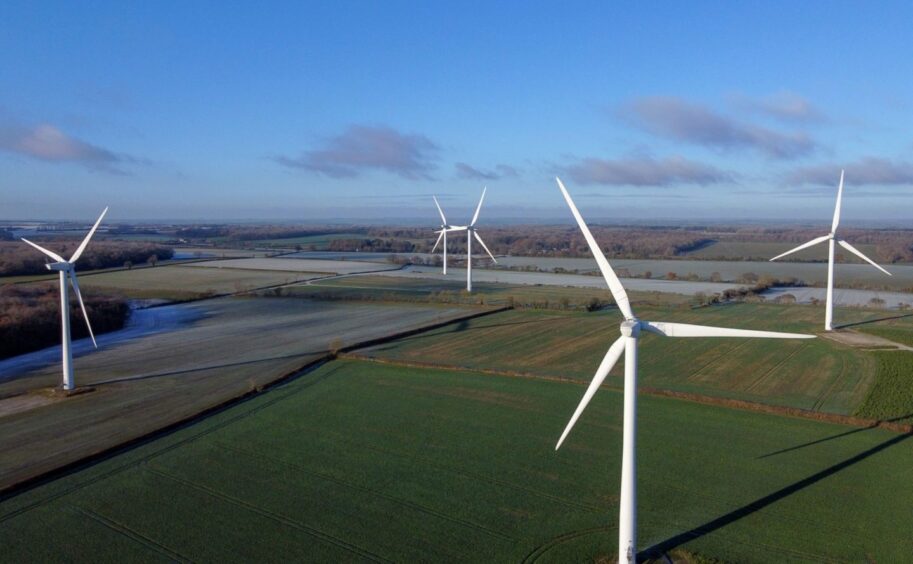
BP (LON: BP) is considering building two offshore wind farms in the Irish Sea without any support from the government — marking a first for the sector where development has been hindered by rising costs.
The London-based company, which makes most of its money selling oil and gas, said it may not place bids on the UK’s contracts for difference auctions because it expects to use the generated electricity itself. Normally, the bid process is designed to ensure that consumers pay generators a fixed, pre-agreed price for the low-carbon power they produce during the contract’s duration.
The move would be unusual for a market that has always relied on government subsidies for construction. Soaring costs also mean that developers are seeking for more public support after some offshore wind projects were derailed as demand for renewable energy rises.
Chief Executive Officer Bernard Looney told The Times, who first reported the news, that the company could start building the Morgan and Mona projects as soon as “late next year.” The wind farms together would boast up to 214 turbines about 20 miles off the coasts of north Wales and northwest England and could power 3.4 million homes, the newspaper reported.
BP is ramping up its plans to finance an expansion in offshore wind as it expects that its own need for power will rise. It has pledged to boost spending on both oil and gas as well as renewables.
Only last month, Vattenfall scrapped plans for a wind farm off the coast of Britain, citing higher costs. Similar initiatives have also been dropped in the US, and at least another 9.7 gigawatts of projects there are at risk because their developers want to renegotiate or exit contracts to sell power at prices that they say are now too low to make the investments worth it, according to BloombergNEF.
Wind farms in the UK have also struggled with delays in securing planning consent and connections to the national grid. BP’s projects are not expected to apply for planning consent until early next year, a process that usually takes at least a year, the Times reported.
The company was one of the winners in Germany’s biggest ever offshore wind auction last month, where it secured the rights to construct 4 gigawatts of capacity in the North Sea — almost doubling its global pipeline of projects to 9.2 gigawatts. The company has a large network of electric vehicle chargers, refining operations and is building a biofuels plant in the country, which will require large amounts of green electricity, Looney previously said.
Recommended for you
